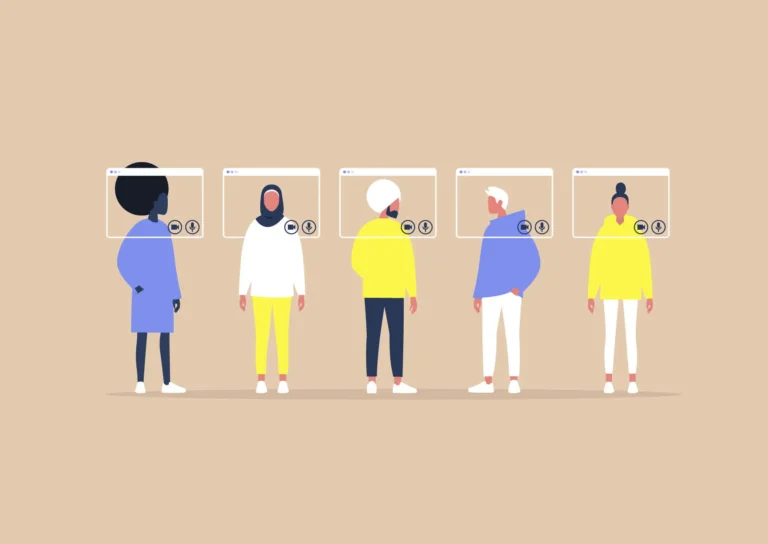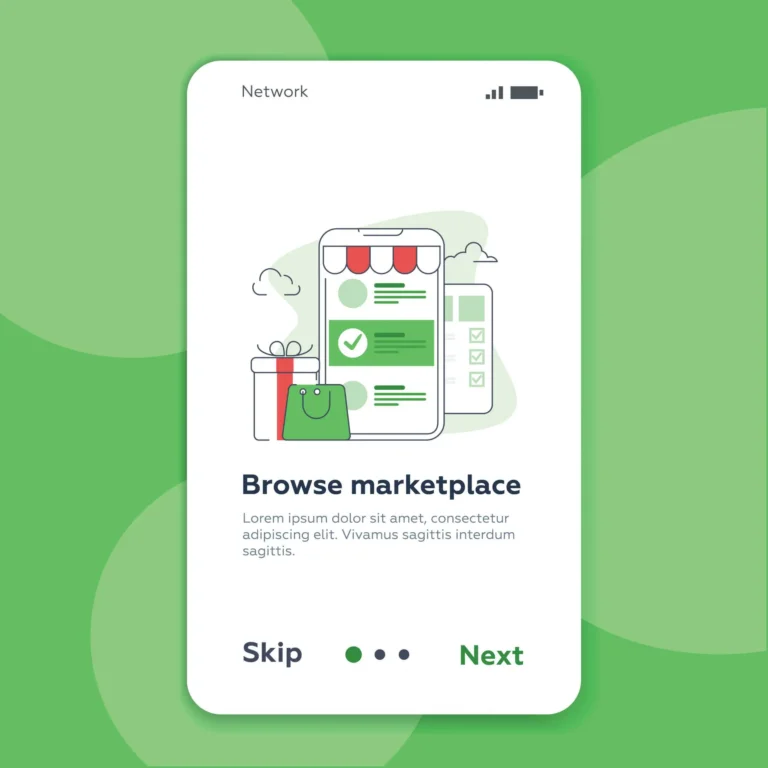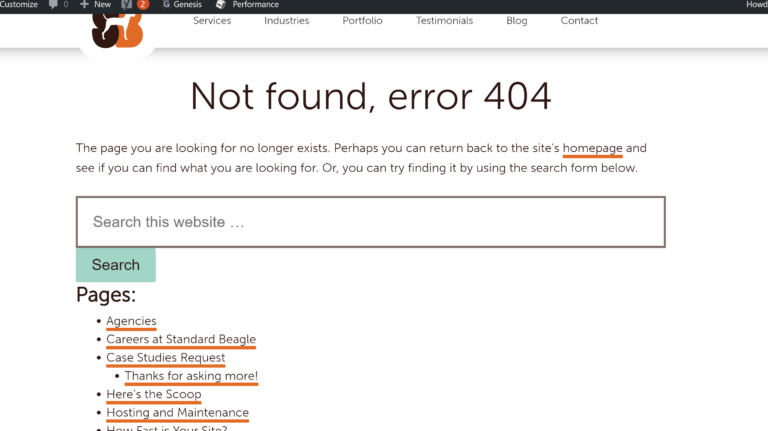With the January 15th United States Court Of Appeals For The Ninth Circuit handing down an opinion in Robles v. Dominos Pizza, it’s clear that site owners are going to need to really look at how their websites (and mobile apps) are complying with the American with Disabilities Act.
Backstory about the Domino’s accessibility case
In the case of Robles v Dominos Pizza, the appeals court opinion reversed a district court ruling that the Dominos mobile app and website did not meet the ADA requirements for blind or visually impaired customers.
In the original case, Robles, who is visually impaired and uses a screen reader to access webpages, had unsuccessfully attempted to order a pizza from Domino’s online site. In his petition he argues that Domino’s failed to “”design, construct, maintain, and operate its [website and app] to be fully accessible to and independently usable by Mr. Robles and other blind or visually-impaired people,” in violation of the ADA and UCRA. “ Dominos responded that the ADA did not cover Domino’s online offerings; however the lower court did agree that the online offerings were, in fact, covered under ADA regulations.
How does the ADA come into play with the online experience?
Legal speak: Title III of the ADA advances that goal by providing that“[n]o individual shall be discriminated against on the basis of disability in the full and equal enjoyment of the goods, services, facilities, privileges, advantages, or accommodations of any place of public accommodation by any person who owns, leases (or leases to), or operates a place of public accommodation.” (42 U.S.C. § 12182(a).)
Since Dominos, by law, has to have ADA accommodations in their physical locations, their online experiences fall within the same umbrella, since the delivery of service still comes from an actual store.
So what does this mean?
In the most simplified terms, if you have a physical location that falls under ADA regulations, then your web experiences also need to be included in accessibility. The bottom line is noted in the opinion.
“the ADA applied to Domino’s website and app because the Act mandates that places of public accommodation, like Domino’s, provide auxiliary aids and services to make visual materials available to individuals who are blind.”
You can read the full opinion here https://www.lflegal.com/wp-content/uploads/2019/01/9th-Circuit-Dominos-Opinion.pdf











